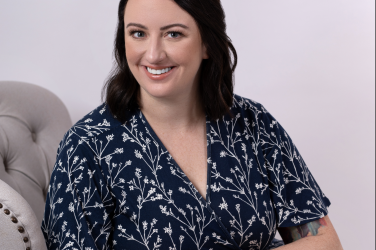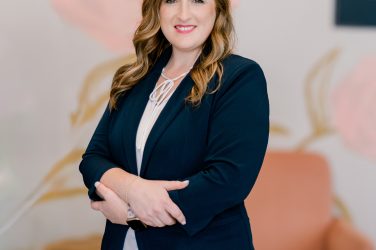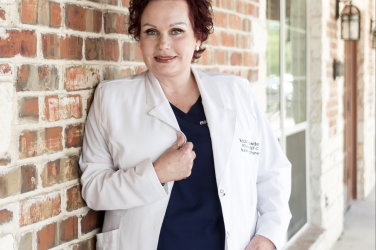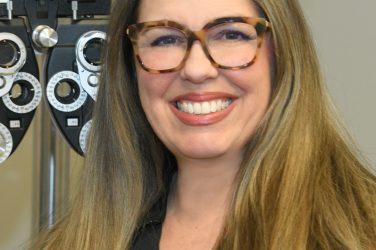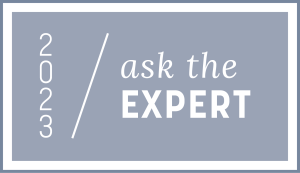
Q&A
My Infant Didn’t Pass The Newborn Hearing Screening Performed At The Hospital. Shouldn’t We Wait To Follow Up With An Audiologist When My Child Is Older?
Early intervention is key for increasing a developing baby’s communication and language development. It’s imperative to follow up with an audiologist within a few weeks after leaving the hospital. An audiologist is specially trained to evaluate hearing loss for proper diagnosis in children and adults and determine the best intervention for the hearing loss. While approximately 98% of newborns in Texas receive newborn hearing screens, half of those babies who do not pass their screenings never follow up with an audiologist. Access to sound is vital for children to learn speech during the critical years of language acquisition. Children with untreated hearing loss (or who wait for treatment until they are older) are at risk for having delayed speech which can have a negative, cascading effect on their education.
What Are Some Signs Of Potential Hearing Loss In Children?
Children should have a vocabulary of 50 words by 18 months of age. Possible signs indicating hearing loss in children include inattention, inconsistently responding to their name, difficulty following instructions, limited vocabulary, and academic decline. Children who have multiple ear infections are also at risk. Interestingly enough, up to 50% of children who have hearing loss at 9 years of age did pass their newborn hearing screening and have late-onset and progressive hearing loss. Infections, trauma, certain medications, and genetics also play a part in whether a child is born with a hearing loss or develops hearing loss later in childhood.
Can Excessive Noise Exposure Damage Our Ears?
Yes! Loud noise exposure, especially over time, puts stress on your ears. Hearing protection should always be used when shooting firearms, operating power tools, and attending loud events (like concerts or sporting events). Many people tend to crank up the volume when listening to music. A good rule of thumb is the 80/90 rule: keep the volume around 80% and listen for no more than 90 minutes before giving yourself a break.
What Is The Goal Of Hearing Aids?
We hear with our ears and listen with our brain. When someone has hearing loss, the brain doesn’t get the full sound scene and must work harder to problem solve and fill in the gaps. This can lead to fatigue, increased social isolation, and (according to emerging research) cognitive decline, such as dementia or Alzheimer’s. Hearing aids—when properly fit—work to restore our brain’s access to sound information. Stimulating the brain with the right auditory information keeps you connected to conversations, the world around you, and can reduce the risk of cognitive decline.
Are Over-The-Counter Hearing Aids Just As Good As One Prescribed By An Audiologist?
No. The category of “OTC hearing aids” was created by the FDA in October 2022. These devices are intended only for users over the age of 18 with perceived mild-to-moderate hearing loss and to be purchased with no assistance from a hearing healthcare professional. OTCs are not required to be sold with a trial period or a warranty. While these devices might help some adults, I’d caution “buyer beware.”
About The Expert
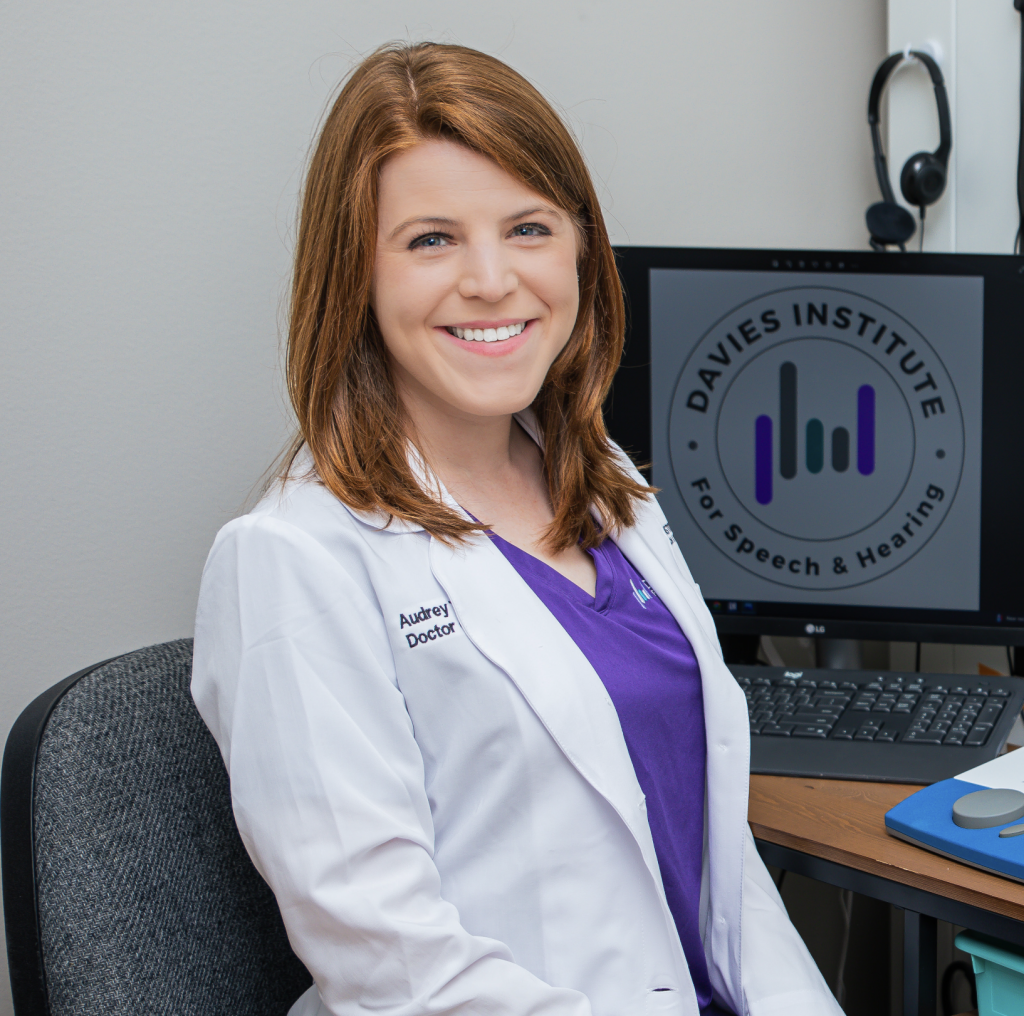
Audrey Taylor, AUD
Davies Institute for Speech & Hearing
Taylor holds a Bachelor’s in Communication Sciences & Disorders from Baylor University and a Doctorate in Audiology from the University of Texas at Dallas. She is board-certified in audiology and has completed advanced cochlear implant training. Dr. Taylor is passionate in providing excellent patient care rooted in evidence-based practice and a patient centered philosophy.







